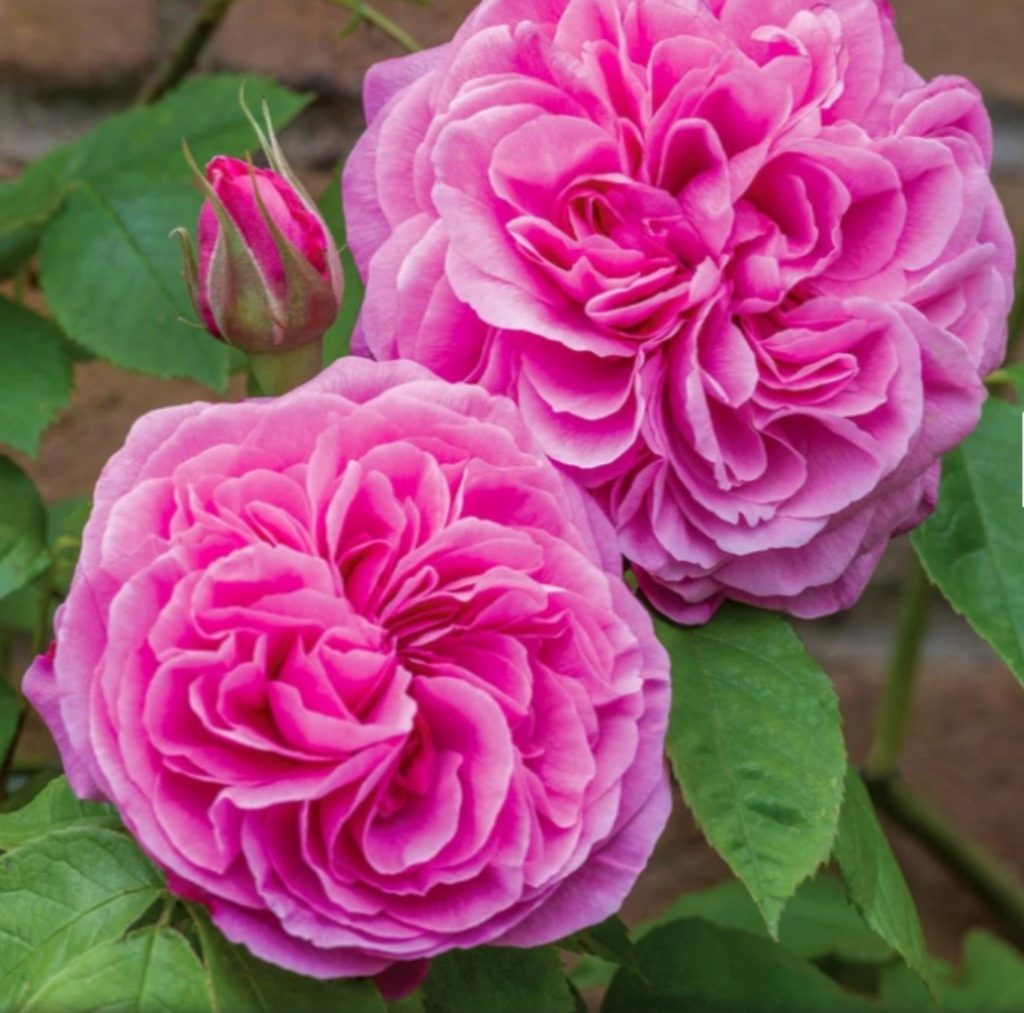FRAGRANCE is a quality difficult to describe, capture or recall.
But sometimes it is possible to encapsulate these by experiencing what is known as a ‘Proustian moment’.
These occur when a particular scent, perfume, sound (or forgotten item) conjures up a remembered time or place.
We have all had these wonderful episodes, and whether it’s the faintest whiff of tobacco, or the smell of what your grandmother dabbed behind her ears before venturing out to town, the memories come flooding back.
In the summer garden there are many plants which emit a glorious perfume: lilies, carnations, many rhododendrons and of course, roses. One problem with scented roses (as with most fragrant flowers) is that they do not smell continuously.
Some release their strongest perfume as dusk approaches or early in the morning following a heavy dew. More again perform best in warm, humid conditions. All, however, change intensity, strength, and quality as they age.
Lilies are notorious in this last respect.
One of my most favourite scented roses must be ‘Gertrude Jekyll’, having a classic old rose perfume which is reliable wherever encountered.
 Gertrude Jeykll is the perfect rose
Gertrude Jeykll is the perfect roseTo my gratification, I have discovered that it smells delicious irrespective of weather conditions, time of day or stage of growth.
This rose has been bred by David Austin and it continues to be an extremely popular choice.
David Austin Roses (or ‘English’ roses as they are known) are indeed rather special, being bred not alone in the old tradition, but in old-fashioned appearance, scent, and freedom of flowering; attributes which have made them popular down the years with gardeners of all ages particularly those who would constantly hark back to what were known as ‘better times'.
Let me enumerate some other attributes to would-be growers. For starters Gertrude Jekyll is a fabulous climber (of short dimensions) that performs well in any sunny position, or indeed in a large container if required.
It can also be grown successfully as a mid-border shrub rose.
If grown in the border as a shrub, it should be hard pruned in winter.
Wherever sited, enrich the soil beforehand, adding drainage should the ground be heavy. Mulch in late winter or early spring with horse manure (for preference) or garden compost as these soil conditioners will give the rose its quota of nutrients along with providing moisture in dry, drought conditions.
Feed again in early summer with any commercial brand of rose food.
Given the tips outlined, this versatile and disease resistant rose will flower continuously all summer.
It is always one of the first English roses to start flowering, producing perfect little scrolled buds which open into beautiful rosette-shaped blooms of glowing bright pink.
Superb in every respect.

